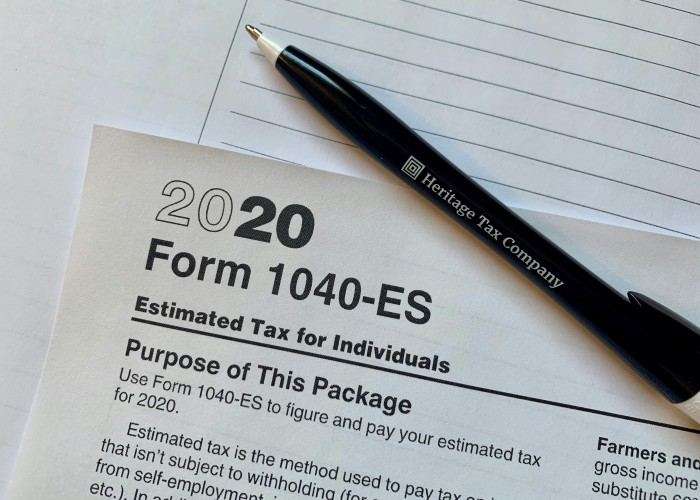Understanding property taxes is essential for any homeowner or real estate investor in the United States. Whether you’re browsing through homes for sale, exploring commercial real estate, or diving into your first investment property, property taxes will impact your long-term financial decisions. How Property Taxes Work in the USA.
In this detailed guide by US PROPERTY MARKET BLOG, we’ll walk you through the basics of property taxes in the USA—what they are, how they’re calculated, and how they affect your buying decisions. Remember, our blog is a general information platform and does not offer real estate services or act as a property dealer. Our goal is to provide valuable knowledge about real estate in the USA and abroad.
What Are Property Taxes?
Property taxes are local taxes paid by property owners to help fund public services like schools, police, fire departments, and road maintenance. These taxes are usually based on the assessed value of your property and are paid annually or semi-annually.
Unlike income tax, which is federal, property tax is assessed at the local level—usually by counties, cities, or towns. Because of this, rates and rules can vary widely from one location to another.
How Property Taxes Are Calculated
The formula for calculating property tax is fairly simple:
Assessed Value x Tax Rate = Property Tax Bill
Let’s break it down:
1. Assessed Value
This is the dollar value your local tax assessor assigns to your property. It’s not the same as market value but is often based on it. The assessor may use recent sales data, home features, and area trends to determine this value.
2. Tax Rate (Millage Rate)
Tax rates are usually expressed in mills. One mill equals $1 for every $1,000 of assessed value. If your tax rate is 20 mills, you’ll owe $20 for every $1,000 of your property’s assessed value. How Property Taxes Work in the USA.
Example Calculation
Suppose your home has an assessed value of $250,000 and your local tax rate is 1.5% (or 15 mills).
$250,000 x 0.015 = $3,750/year
This would be your annual property tax bill.
Why Property Taxes Matter When Buying a Home
Whether you’re buying your first house or looking at investment opportunities, property taxes significantly affect affordability and ROI.
1. Monthly Mortgage Payment
If you have a mortgage, your lender may require you to escrow property taxes, meaning you’ll pay a portion of them monthly as part of your mortgage bill.
2. Location Choice
High-tax areas may offer better public services but can also make homes more expensive in the long run. Always review local tax rates when evaluating homes for sale or land for sale.
3. Investment Strategy
Understanding property taxes is a key component of real estate investment advice. High taxes can reduce profit margins on rental properties.
Property Tax Exemptions and Relief Programs
Many states offer exemptions or relief programs to reduce the burden of property taxes. These include:
- Homestead exemptions (for primary residences)
- Senior citizen exemptions
- Veterans’ exemptions
- Disability exemptions
These can be especially helpful if you’re exploring house buying tips or property investment tips to maximize your savings.
How to Lower Your Property Tax Bill
While property taxes can’t be eliminated, here are some ways to potentially lower your bill:
1. Appeal Your Assessed Value
If you believe your property is overvalued, you can file an appeal with your local assessor’s office. Provide recent sales data or an independent appraisal.
2. Claim Available Exemptions
Ensure you apply for all available exemptions you’re eligible for.
3. Stay Informed on Local Tax Changes
Local governments may revise tax rates based on budget needs. Keeping an eye on local proposals is a smart property investment advice move.
Property Taxes and Home Staging
If you’re selling your home, understanding your property tax situation is part of the process. Make sure to include accurate tax information in your listing. Combine this with tips for staging home to sell to attract serious buyers.
Property Tax and Different Property Types
1. Residential Properties
These include houses, condos, and townhomes. Rates are often lower for owner-occupied homes. How Property Taxes Work in the USA.
2. Commercial Real Estate
Properties like office buildings and shopping centers typically have higher assessed values and tax rates.
3. Vacant Land or Land for Sale
Tax rates vary depending on zoning, land use, and location. If you’re exploring land for sale as an investment, make sure to factor in annual tax costs.
States with the Highest and Lowest Property Taxes
Highest:
- New Jersey
- Illinois
- New Hampshire
Lowest:
- Hawaii
- Alabama
- Louisiana
These rankings can influence your decision if you’re looking for houses for sale in different states. It also ties into long-term real estate investment tips.
Final Thoughts
Understanding how property taxes work is essential whether you’re a homeowner, buyer, or real estate investor. These taxes affect affordability, investment returns, and your overall budgeting strategy. How Property Taxes Work in the USA.







Leave a Reply